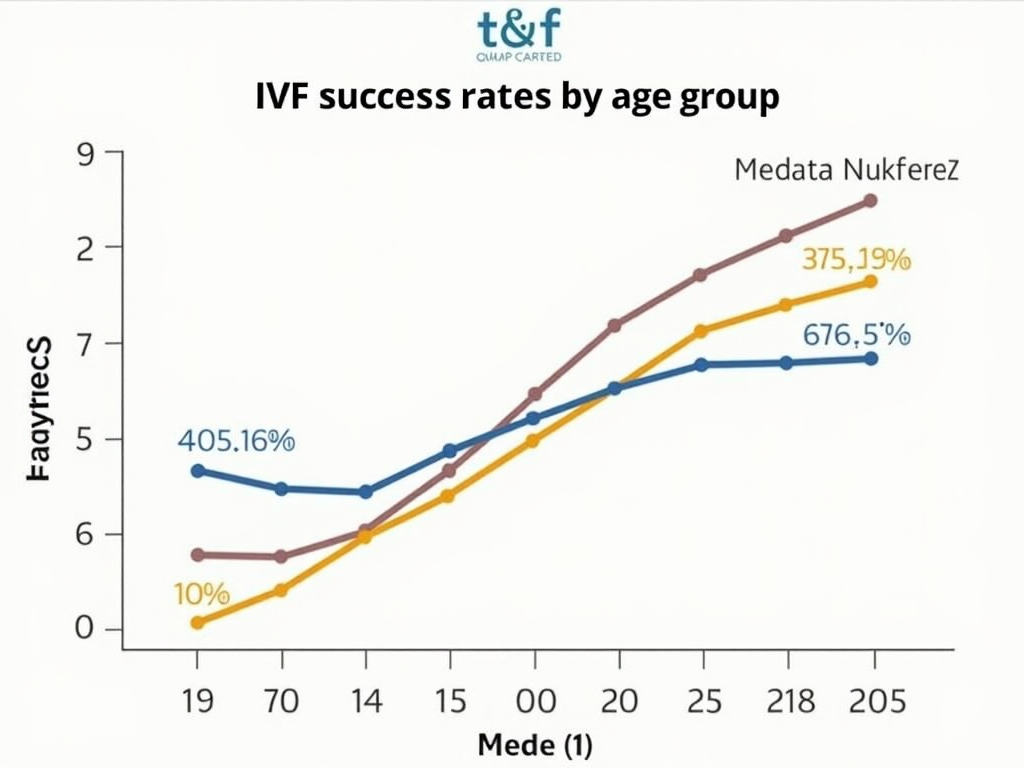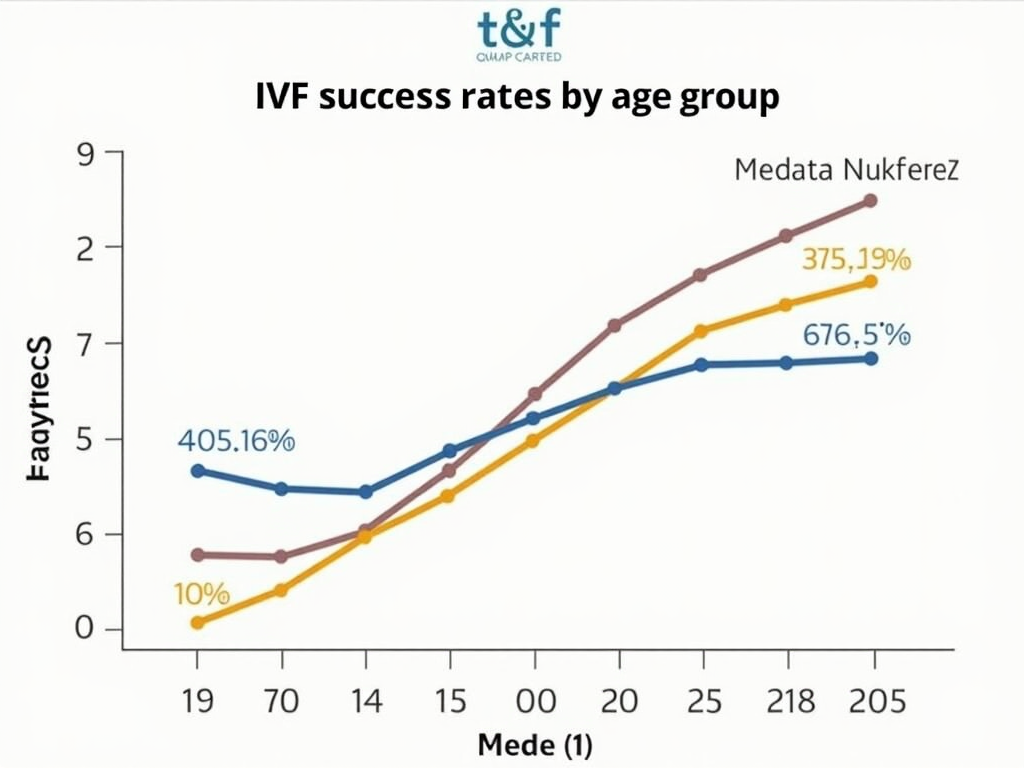Insightful Guide to IVF for Beginners
March 6, 2025, 7:41 a.m.
Infertility is a condition that affects many couples around the world. It is defined as the inability to conceive after one year of unprotected intercourse for couples under 35, or after six months for couples over 35. Infertility can be caused by a variety of factors, including hormonal imbalances, structural issues in the reproductive system, or genetic conditions. It's important to remember that infertility is not uncommon, and there are many treatment options available, including In Vitro Fertilization (IVF).

Diagnosing infertility typically begins with a thorough evaluation. Healthcare providers may recommend a variety of tests to determine the underlying causes of infertility. Hormone testing is common, as it helps to assess the levels of reproductive hormones that are essential for ovulation and sperm production. Other diagnostic procedures might include ultrasounds, semen analysis, and even genetic testing.

IVF, or In Vitro Fertilization, is a sophisticated assisted reproductive technology that has helped many couples conceive. The term 'in vitro' means 'in glass', indicating that the fertilization of the egg by sperm takes place in a laboratory setting rather than inside the body. This process generally involves several steps which are carefully monitored by fertility specialists.

The IVF process typically begins with ovarian stimulation, where medication is used to encourage the ovaries to produce multiple eggs. Once the eggs are mature, they are retrieved in a minor surgical procedure. After retrieval, the eggs are combined with sperm in the laboratory for fertilization. The resulting embryos are cultivated for a few days before one or more are transferred into the uterus.

During the IVF process, many individuals have questions about what to expect. It's common to experience a range of emotions, from excitement to anxiety. After the embryo transfer, there is typically a waiting period before pregnancy can be confirmed through a blood test. This wait time can be particularly stressful, as couples often reflect on their hopes and fears.

Success rates for IVF can vary significantly based on several factors, including the age of the woman, the cause of infertility, and the quality of the embryos. Generally, younger women tend to have higher success rates. For individuals considering IVF, it's crucial to understand these variables and to have realistic expectations.

Financial considerations are another important aspect of the IVF journey. Treatment can be costly, and many insurance plans may not cover the entire process. It's essential for couples to discuss financial options with their clinic and to explore resources that may assist with the costs.

In conclusion, IVF is a powerful tool for many couples facing infertility. While the journey through IVF can be challenging both emotionally and financially, it can also offer hope. It's important for beginners to learn about the process, the potential outcomes, and the support available to them.
